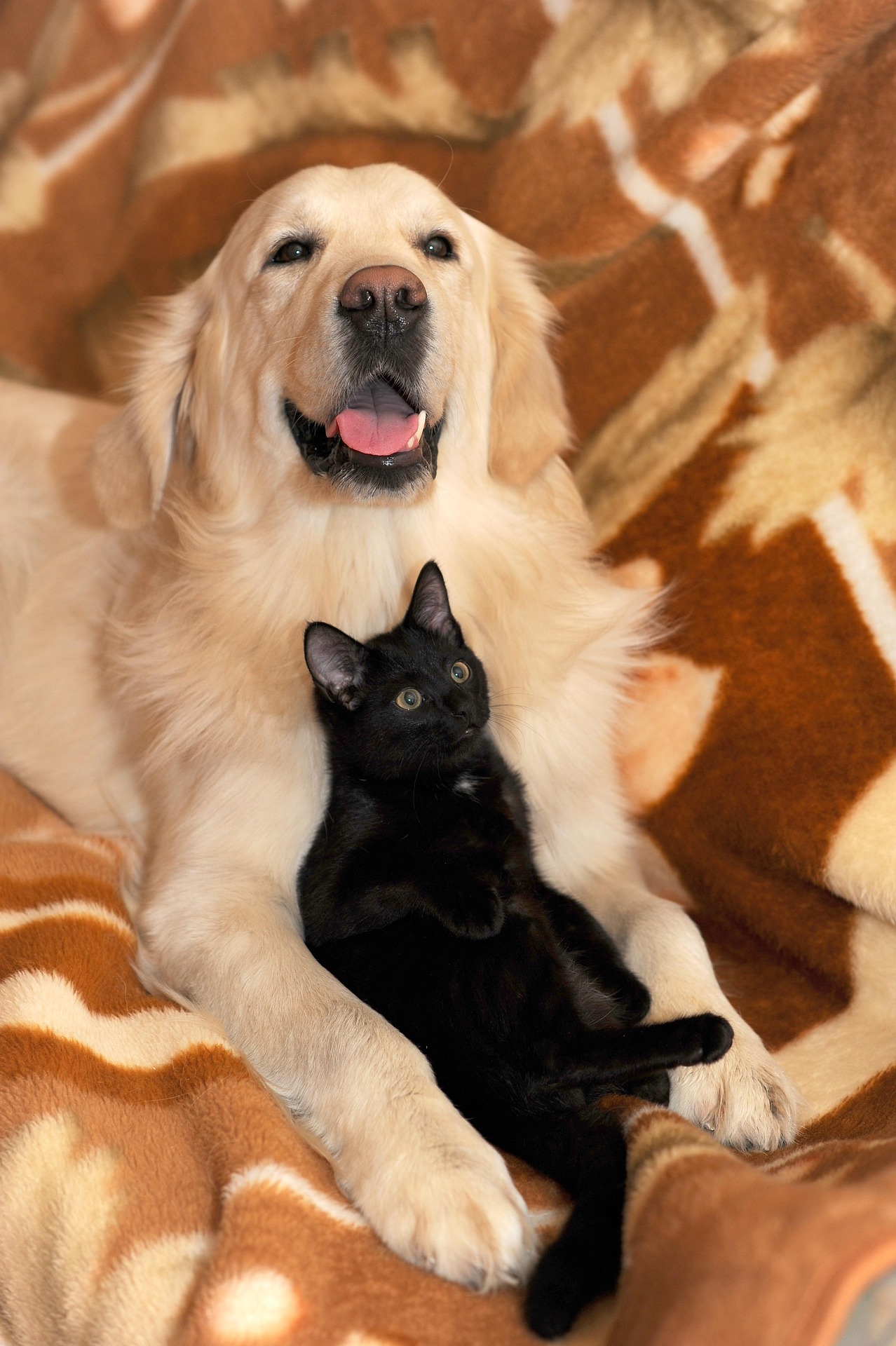Coping with the Loss of a Beloved Pet: Understanding Grief and Finding Ways to Honor Their Memory
Losing a pet is one of the most profound and heartbreaking experiences a person can go through. Pets are not just animals. They are companions, family members, and sources of unconditional love. Whether it’s a dog who greeted you at the door every day or a cat who curled up with you at night, their absence leaves a void that can feel overwhelming.
Despite the deep sorrow that many pet owners feel, our culture doesn’t always recognize pet loss as a significant form of grief. Some may hear well-meaning but dismissive phrases like, “It was just a pet,” which can make the grieving process even harder. The truth is grief for a pet is real, valid, and unique to each person.

How Grief Manifests After Losing a Pet
Just like losing a human loved one, the grief process following the loss of a pet can take many forms, including:
- Sadness and depression – You may feel an intense sadness, cry frequently, or struggle to find joy in daily activities.
- Guilt – If you had to make the difficult decision to euthanize your pet or if their passing was unexpected, you might question whether you did enough for them.
- Loneliness – The absence of their physical presence—whether it’s their collar jingling, the sound of their paws, or their favorite spot on the couch—can make a home feel empty.
- Anger or frustration – You might feel upset about the circumstances of their passing or about others not understanding the depth of your grief.
- Difficulty concentrating – Grief can be all-consuming, making it hard to focus on work, responsibilities, or even simple tasks.
Understanding that these reactions are normal is an essential part of the healing process.
Ways to Cope with the Loss of a Pet
While grief is deeply personal, there are a few strategies that can help ease the pain and honor your pet’s memory.
- Allow Yourself to Mourn
Give yourself permission to grieve. There is no timeline for healing, and it’s okay to feel a mix of emotions. If you need to cry, talk about your pet, or take time off from work or social events, do so without guilt.
- Talk to Supportive People
Not everyone will understand the depth of your loss, but those who have loved and lost a pet will. Seek out friends, family members, or online pet loss support groups where you can share your feelings and receive empathy.
- Create a Memorial
Honoring your pet in a meaningful way can help keep their memory alive. Some ideas include:
- Creating a scrapbook or photo album with pictures and favorite memories.
- Holding a small memorial or candle-lighting ceremony to say goodbye.
- Planting a tree or flowers in their honor.
- Keeping a special keepsake, like their collar, paw print, or favorite toy.
- Write a Letter to Your Pet
If you’re struggling with feelings of guilt or simply want to express your love one last time, writing a letter to your pet can be therapeutic. Share your favorite memories, how much they meant to you, and what you wish you could say to them.
- Consider Volunteering or Donating in Their Honor
Giving back to animals in need can be a meaningful way to channel grief into something positive. You might:
- Volunteer at an animal shelter.
- Donate to a rescue organization in your pet’s name.
- Sponsor an animal in need.
Moving Forward with Love
Grief doesn’t mean forgetting. Rather, it means learning to carry your love for your pet in a new way. Over time, the pain of their loss may lessen, but the bond you shared will always be a part of you.
If you’re struggling with deep grief that isn’t improving over time, consider reaching out to a therapist or counselor who specializes in pet loss. Remember, your feelings are valid, and healing takes time.
Your pet may be gone, but the love you shared is forever.



